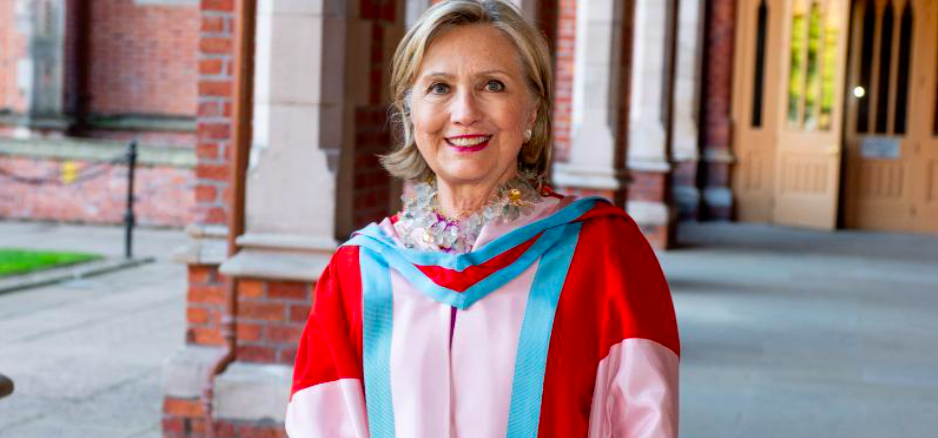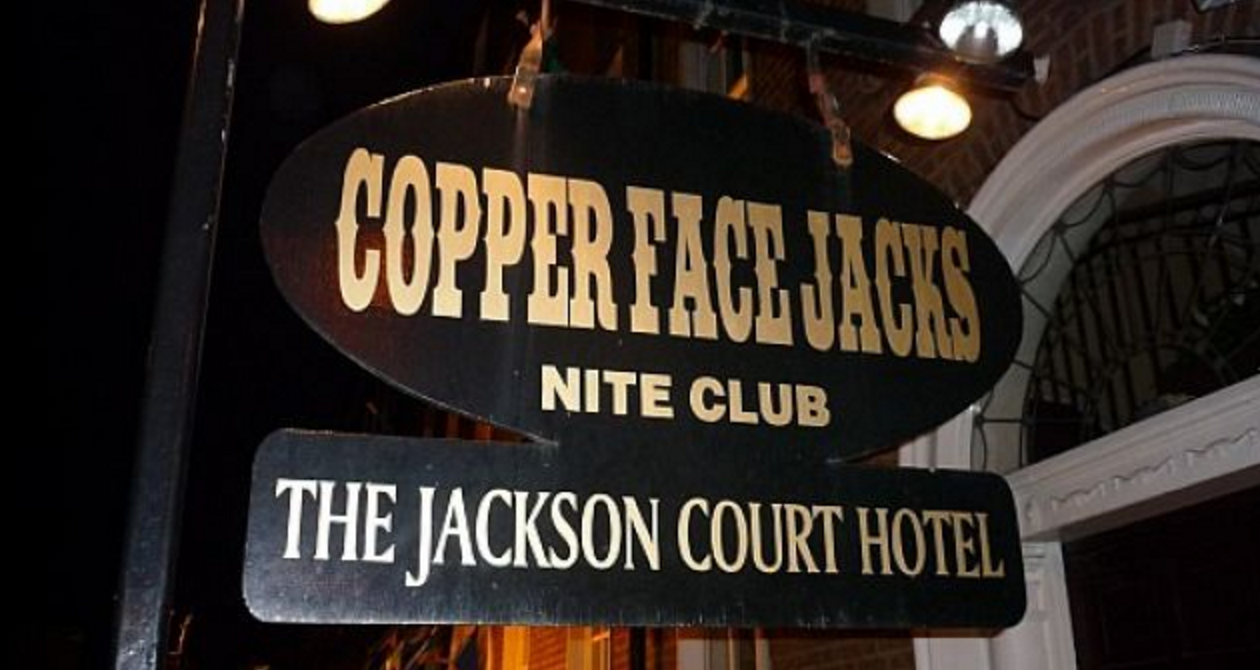
[dropcap]F[/dropcap]ormer US Secretary of State and presidential candidate Hilary Clinton was in Belfast on Friday to be sworn in as chancellor of Queens University.
She was initially appointed as chancellor in January 2020 but did not get the chance to visit Northern Ireland until now due to travel restrictions.
“I am so pleased to be in Belfast to be formally installed as chancellor of Queen’s University,” Clinton said ahead of the ceremony.
She is the University’s 11th chancellor and the first woman to hold the title.
“Queen’s makes an enormous impact on the world around us in terms of research and innovation, and I hope to inspire and encourage the students of Queen’s to make their contribution to society to the best of their ability.”
Clinton also spoke to her relationship with Northern Ireland, which she says has always been strong.
“I am proud of my long-standing connection with Northern Ireland and its people and look forward to continuing to make my contribution to the university over the next few years.”
Clinton’s ties to Northern Ireland go back to her days as secretary of state and first lady of the US as the wife of President Bill Clinton, where she was a strong advocate for peace in Northern Ireland within the American government.
Clinton touched on the nations progress in her inauguration speech as chancellor.
“Northern Ireland has become a symbol of democracy’s power to transcend divisions and deliver peace, and we need that beacon of hope now more than ever,” she said.
“But with hope comes responsibilities, the responsibility to be a citizen, to be willing to discuss and learn from people unlike yourselves, to debate and compromise in search of common ground to participate in our shared institutions, to respect the rights, dignity and needs of all people, and to uphold the rule of law.”
The former first lady also highlighted, though, that the nation has a long way to go and that the young minds at Queens will be responsible for dictating the future of the North.
“Neighbourhoods remain divided, poverty and unemployment persist, the difficulties of the past continue to threaten the present,” Clinton said.
“Divisions over Brexit and the Northern Ireland Protocol and proposed amnesty legislation might very well undermine a peaceful future. A future that people voted for, fought for, and even died for. Now I don’t pretend to have the political answers to resolve this impasse. That is up to the people of Northern Ireland.”
Devin Sean Martin



